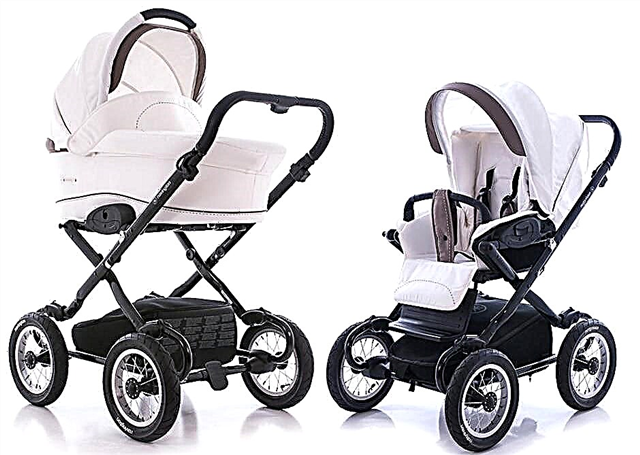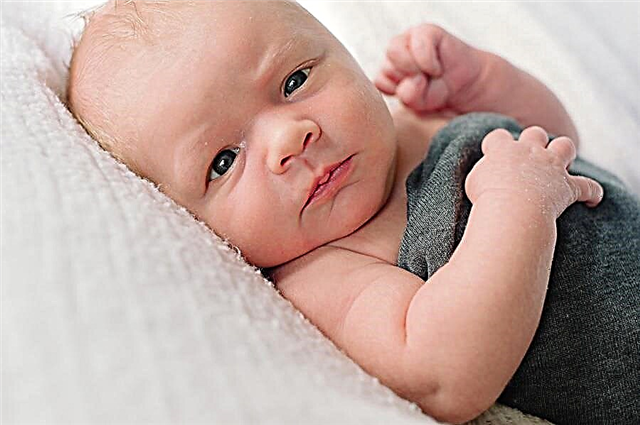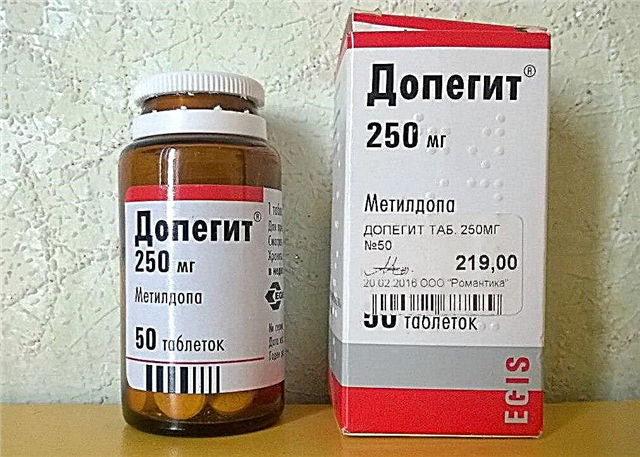A cough is a protective device that keeps mucus, fluids and foreign matter out of the airway. The cough is wet and dry. Both types bring the same inconvenience to babies. Using the example of a wet cough, consider what is important for parents to know and remember in order to help a child cope with this ailment.
Where does a wet cough come from?
This condition is based on the cough reflex. Irritation of bronchial receptors with sputum triggers a complex mechanism.
Receptors transmit an impulse to the medulla oblongata, where the respiratory center is located → the intercostal muscles and the diaphragm contract → a sharp opening of the glottis occurs → forced exhalation → removal of mucous and other contents from the bronchi and lungs.
Under what conditions does a child have a wet cough?
- viral respiratory diseases;
- allergy (bronchial asthma, bronchitis);
- pneumonia and bronchitis;
- abscesses and bronchiectasis of the lung;
- congenital diseases (cystic fibrosis, Kartegener's disease);
- tuberculosis.
The glands in the bronchial mucosa during inflammation and in interaction with other irritants work in an enhanced mode.
 The rheological properties of bronchial secretions are violated. It becomes thick, which affects mucociliary clearance - the excretion of mucous contents by the ciliated epithelium of the bronchi. Stagnation of fluid contributes to the formation of inflammatory foci.
The rheological properties of bronchial secretions are violated. It becomes thick, which affects mucociliary clearance - the excretion of mucous contents by the ciliated epithelium of the bronchi. Stagnation of fluid contributes to the formation of inflammatory foci.
By the nature of sputum the cause of the cough can be determined:
- purulent → abscess or bronchiectasis in the lung;
- bloody → tuberculosis or cardiovascular insufficiency;
- viscous → bronchial asthma;
- watery → viral infection;
- rusty color → pneumococcal pneumonia.
Possible Causes of a Wet Cough in an Infant
Coughing at such an early age always scares parents. But there is often no reason to panic.
- In infants, coughing is due to insufficient development of the muscles of the esophagus and stomach. The contents of the stomach are thrown into the esophagus and partially aspirated (inhaled), a cough appears. This condition is called gastroesophageal reflux.
- A wet, infrequent cough is noted in infants during teething due to profuse salivation.
- There is a cough with violent crying with copious nasal discharge.
- When choking on milk while feeding.
All these conditions do not pose a danger to the child and go away on their own. Therefore, it is believed that a wet cough in infants without fever up to 15 times a day is the norm.
When and what should be treated?
Cough is a symptom of this or that disease.

Requires immediate treatment if there are:
- dyspnea;
- decreased appetite;
- heat;
- attacks of sudden coughing;
- wheezing;
- discoloration of sputum, the presence of blood streaks.
If one or more of the above symptoms appear, you should consult your doctor. Only a doctor will be able to assess the child's condition, make the correct diagnosis and prescribe the necessary treatment.
Etiotropic therapy
Aimed at eliminating the cause of a wet cough.
- for colds, as well as for inflammatory processes in the bronchi and lungs, antiviral agents and antibiotics are prescribed;
- bronchial asthma is treated with bronchodilators and hormones;
- allergies require antihistamines;
- tuberculosis can be cured by specific antibiotic therapy.
How to cure the cough itself?
- Abundant drink... Helps reduce intoxication, liquefies viscous secretions in the bronchi.
It is necessary to constantly offer the child water. A warm, plentiful drink can consist of fruit drinks, compotes, herbal tea.

Breastfed babies should be applied to the breast more often.
- Mucolytics... Liquefy the mucous contents of the bronchi and promote its excretion. These drugs increase the amount of secretion, so they are chosen for wet, unproductive coughs. These include drugs containing the following active substances: acetylcysteine, ambroxol, carbocisteine, trypsin, chymotrypsin. The last two are proteolytic enzymes and are used in cystic fibrosis. Let's describe the first three components:
- acetylcysteine (ACC, Fluimucil, Acestad) breaks mucopolysaccharide bonds, promotes the discharge of bronchial secretions. It is not prescribed for babies, as well as for bronchial obstruction. Duration of admission is no more than 10 days. Suppresses the action of antibiotics, therefore, taking them with an interval of at least 2 hours between them;
- carbocisteine (Fluditek, Mukosol). The principle of action is the same as for acetylcysteine, but, unlike it, does not cause bronchospasm and can be used in infants;
- ambroxol (Ambrobene, Lazolvan, Flavomed) liquefies a viscous secret, activates the action of the ciliated epithelium, stimulates the production of surfactant. Interacts well with other drugs. It is the best treatment for babies from the first weeks of life.
- Expectorants. Are divided into:
- reflex (based on plant materials);
- resorptive (synthetic drugs).
Reflex irritants irritate the gastric mucosa and the vomiting center, therefore, there is increased salivation and increased secretion of bronchial fluid. The most popular drugs: Mukaltin, licorice root, breast collection, Gerbion, Gedelix, Alteika.
It is dangerous to prescribe herbal remedies for up to 5 years because of the frequent broncho-obstructive syndrome that develops against the background of their intake. Potential allergies must be considered.
Resorptive drugs (sodium bicarbonate, potassium iodide and others) also liquefy thick secretions by increasing the volume of fluid in the bronchi. They are not used in children's practice.
- Combined drugs... They contain several substances with different actions.
- Ascoril (mucolytic, bronchodilator, expectorant effects). A very good drug, prescribed from 2 years old;
- Bronchodilator (antitussive, anti-inflammatory, bronchodilator). With a wet cough, it is undesirable to use.
It must be remembered that with a wet cough, antitussive drugs should not be used. This will not help to cure the child, but will only contribute to even greater stagnation of sputum in the bronchi and lungs, the so-called "waterlogging syndrome".
- Other drugs.
- Erespal contains an active substance - fenspiride. It acts as an anti-inflammatory agent, relieves bronchial obstruction. From 2 years old;
- Sinupret based on medicinal herbs. It has expectorant, mucolytic and anti-inflammatory properties. From 2 years old.
Physiotherapy
For cough treatment use:
- inhalation:
- steam with eucalyptus, sage or chamomile;
- through a nebulizer with saline, Lazolvan, Berodual or Pulmicort;
- medicinal electrophoresis with absorbable drugs;
- CMT on the chest to improve drainage;
- UHF therapy (in the subacute phase with pneumonia).
Massage and gymnastics
These procedures are necessary in the treatment of wet cough, especially in newborns and children under one year old.
- coughing up phlegm in infants often leads to pneumonia. At this age, the child is not able to get rid of exudate in the lungs by coughing up. For this, the baby is placed in a special drainage position so that the priest is higher and the head is lower. In this position, lightly patting the back from the waist to the neck is carried out, alternating vibration with stroking and rubbing;
- an older child is also given a chest drainage massage, supplemented with special breathing exercises.
After a drunken course of expectorant and other cough medicines, the child will cough for some time.
You do not need to feed him with syrups and tablets if the general state of health has already improved. The cough will go away on its own, just actively move.
The task of the parents is to create terms for a speedy recovery:
- it is necessary to monitor the humidity in the room, ventilate more often;
- do wet cleaning regularly;
- strengthen the immune system by hardening and moderate physical activity;
- the child must eat right and be outdoors regularly.
If the crumbs have a cough, you do not need to self-medicate. Seek help from your doctor. Only a doctor can prescribe the correct drug.
Article rating:



